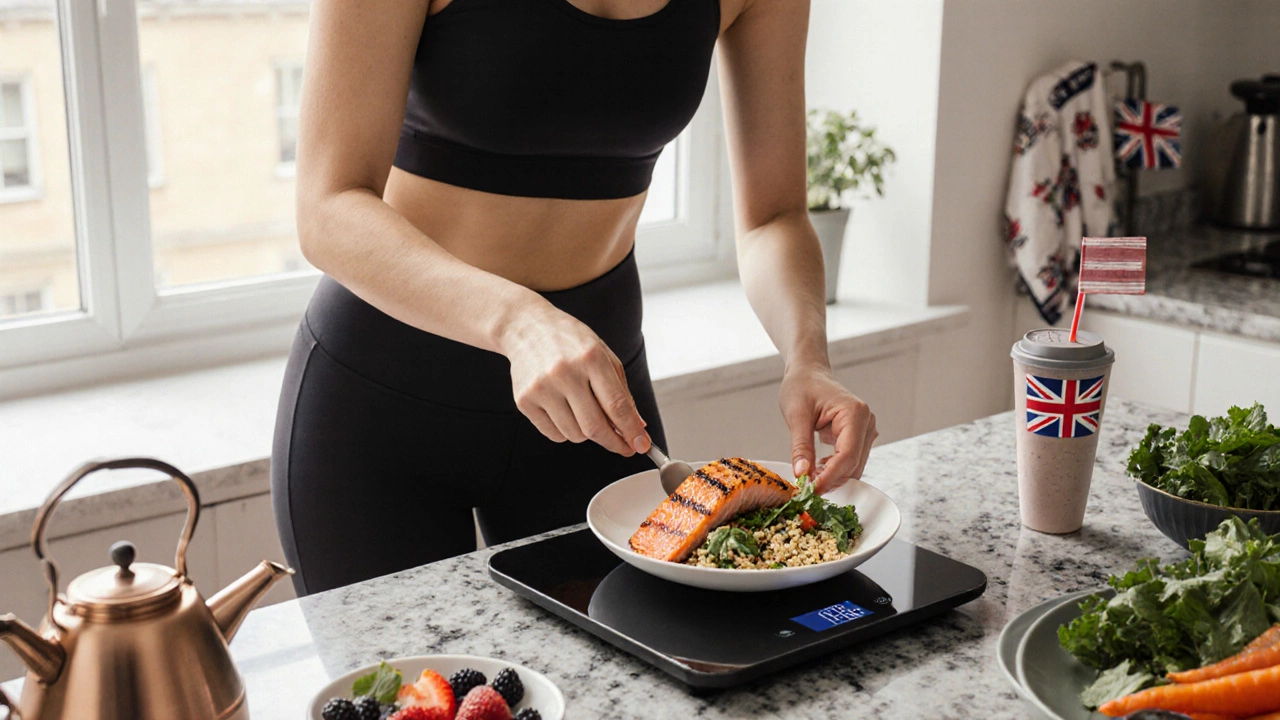Protein is the building block for muscles, skin, and enzymes. If you don’t get enough, you’ll feel sluggish, recover slower, and may lose muscle even while trying to lose weight. The good news? You don’t need fancy supplements to hit the right numbers – just a plan that fits your lifestyle.
Most adults do fine with 0.8 grams per kilogram of body weight each day. That’s about 56 g for a 70 kg (154 lb) person. If you’re training hard, aim for 1.2–1.6 g per kilogram. Endurance athletes can sit at the lower end, while strength‑focused lifters often push toward 2 g per kilogram.
To keep it simple, multiply your weight in pounds by 0.36 for a baseline. For a 180‑lb guy, that’s roughly 65 g of protein daily. Add a bit if you’re lifting heavy or cutting calories – your muscles need extra fuel to stay intact.
Whole foods win the day. Eggs, Greek yoghurt, chicken breast, lean beef, beans, lentils, tofu, and fish all pack high‑quality protein. One large egg gives about 6 g, a cup of Greek yoghurt around 20 g, and a 3‑oz chicken breast roughly 25 g.
If you struggle to meet your target with meals alone, a protein shake can fill the gap. Choose a powder with at least 20 g protein per serving and low added sugar. Mix it into water, milk, or a smoothie for a quick post‑workout boost.
When you eat protein matters, too. Spread intake across 3–4 meals so each contains 20–30 g. This keeps amino acid levels steady, which helps muscle repair and keeps you full longer.
For workouts, aim to eat a protein‑rich snack within an hour after you finish. A piece of cheese, a protein shake, or a handful of nuts works well. It’s not a magic window, but it does give your muscles the raw material they need when they’re most receptive.
Don’t forget veggies. Adding a spoonful of quinoa, chickpeas, or edamame to a salad boosts protein without adding too many calories. Combining plant and animal sources gives a full amino‑acid profile, especially important for vegetarians.
Hydration also supports protein metabolism. Aim for at least 2 L of water daily; dehydration can impair digestion and muscle function.
Finally, listen to your body. If you feel hungry between meals, a small protein snack can prevent overeating later. If you’re consistently hitting your goal without feeling full, you may be over‑estimating your needs.
Bottom line: calculate a realistic gram target, choose a mix of whole‑food proteins, spread them through the day, and add a shake only if you need a convenient boost. Stick to this plan and you’ll see better energy, stronger recovery, and easier weight management.

A fast, science‑backed 2‑week plan that blends calorie control, protein focus, HIIT, strength work, and lifestyle hacks to strip fat without losing muscle.
READ